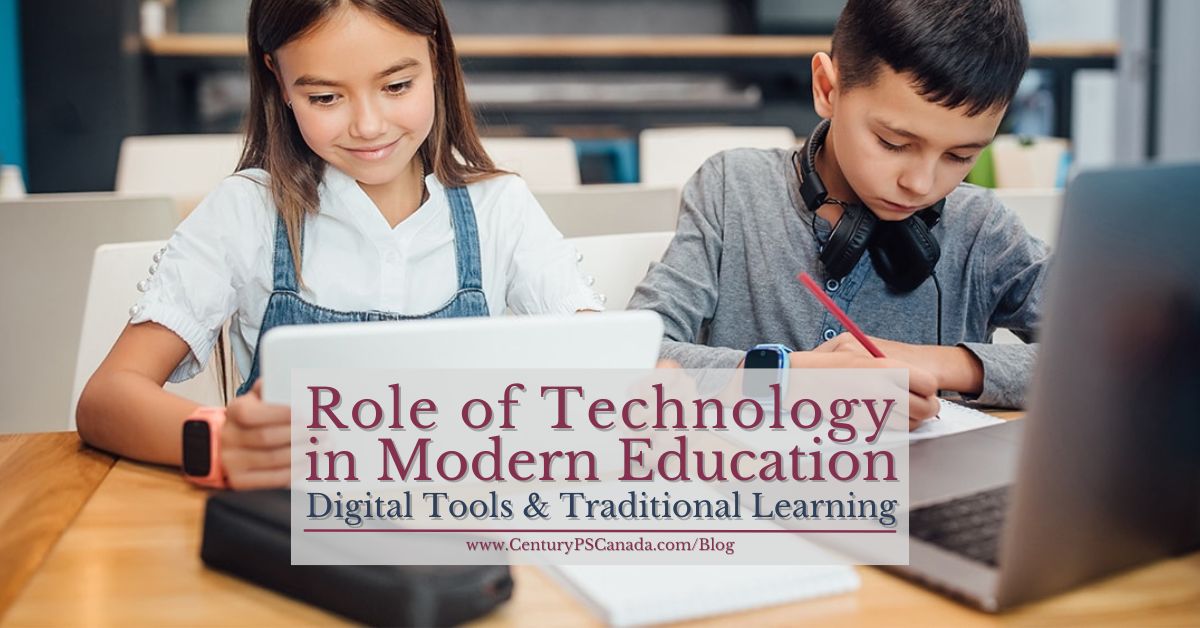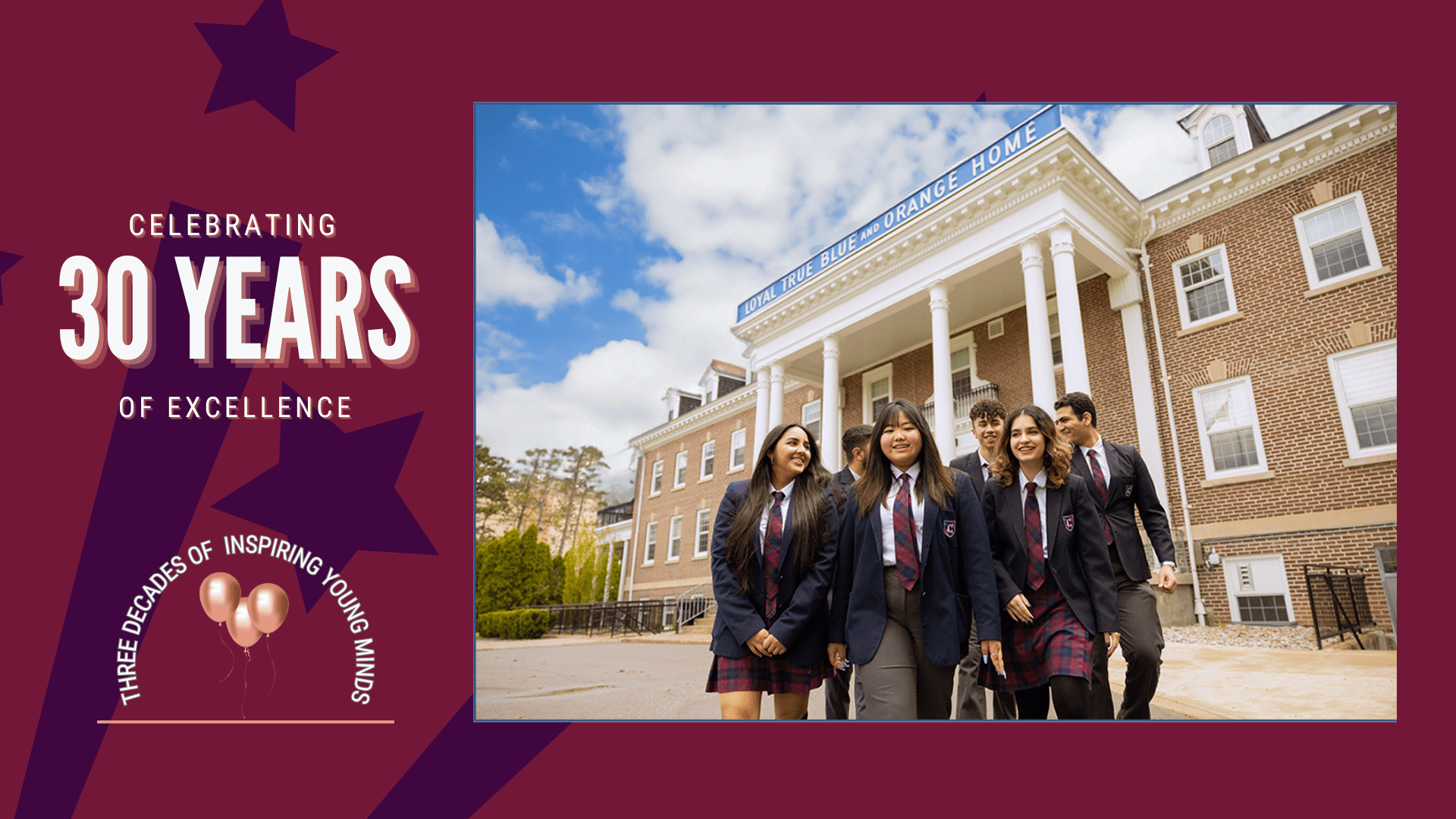Science, Technology, Engineering, Arts and Math (STEAM) education combines rigorous academic disciplines with the technical challenges of mastering skills in these learning areas. This deliberate grouping is essential for the development of critical thinking, creativity, engineering design process and problem-solving skills. As such, STEAM education has become a vital component of modern learning, offering relevant and engaging programming to students around the world.
Today, the world has become increasingly more digitized with the continued growth of technology and development of artificial intelligence and advanced technologies. As the trajectory towards advancements for more complex technology continues, there will be a need for individuals and teams who specialize in STEAM education that can fulfill the demands for the future in tech.
STEAM education promotes interdisciplinary learning, as students use concept-based learning to develop their skills. Since science, technology, engineering, mathematics and the arts are closely connected, it makes sense to take an integrated approach to learning.

Encouraging children to be independent thinkers is important. Allowing students the opportunity to apply their knowledge to real life encourages the development of critical thinking skills. STEAM based learning involves the use of practical work, which in turn, teaches children to be hands-on learners. Promoting an environment where students can be reflective and responsible helps children become real life, capable problem-solvers, who show initiative in achieving their own personal goals.
Creativity is also an integral part of STEAM education. In addition to challenging students to be responsible risk takers, STEAM encourages the development of creativity and imagination. Promoting the expression of ideas in an environment which supports inquiry and creative freedom can have a direct impact on increasing one’s self-esteem and confidence.
As STEAM education continues to flourish in classrooms, the benefits continue to increase. In schools where the learning is engaging and authentic, students are more likely to develop real life skills that promote their growth and development at global citizens, ready to take on new and different challenges.




